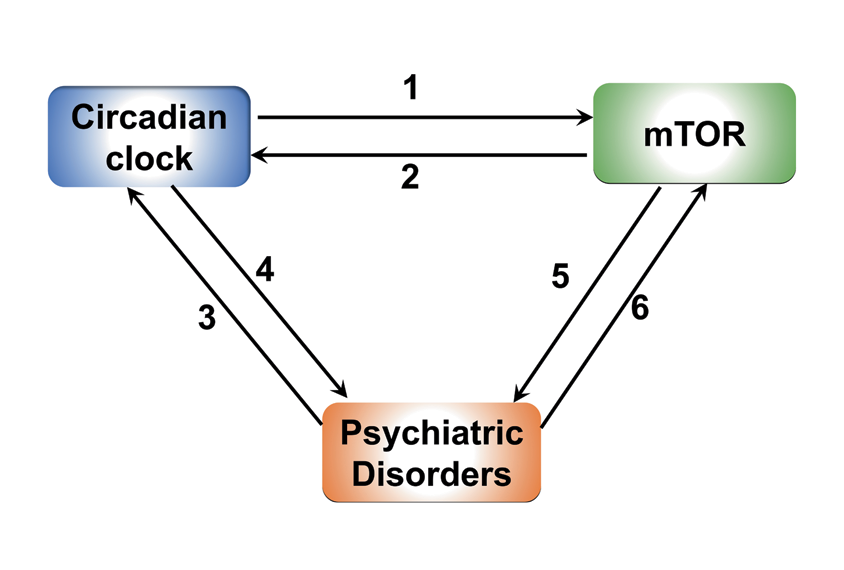WEEK OF
September 5th
Research roundup
- Circadian rhythm functions in the brain affect the mTOR signaling pathway, and vice versa, which has implications for autism and mood disorders. Translational Psychiatry
- The p75 neurotrophin receptor inhibits neuronal migration during cerebellar development and is mediated by the autism-linked protein RhoA. eLife
- Having obesity, diabetes, preeclampsia or asthma during pregnancy is associated with having a child with autism, gastrointestinal problems or both. Autism
- Oxytocin appears to influence early perception in autistic people, which may account for its prosocial effects. Molecular Autism
- Autistic people are more likely to miss hitting virtual racquetballs that vary in bounciness than non-autistic people are, even when they are told the probabilities of encountering high or regular bounces, which suggests that such clues do not necessarily aid sensorimotor responses. Journal of Autism and Developmental Disorders
- Children with 16p11.2 duplications or deletions, which are linked to autism, attention-deficit/hyperactivity disorder and intellectual disability, appear to have altered sensory processing. Autism Research
- Adults with schizophrenia may have more executive-function challenges than adults with autism. European Archives of Psychiatry and Clinical Neuroscience

Two-way streets: Circadian clock and mTOR pathways interact with each other to affect psychiatric conditions.
- Familial factors contribute to the association between maternal infection and autism as much or more than the illness itself, according to a study of half a million births in Sweden. The Lancet Psychiatry
- Autistic people who have depression, substance use disorder or personality disorder stand an increased chance of developing schizophrenia. Psychiatry and Clinical Neurosciences
- The more satisfied adolescents are with their autism identity, the greater their psychological well-being and the lower their social anxiety. Autism
Science and society
- The U.S. National Institutes of Health has committed $100 million over five years to nine Autism Centers of Excellence to support research on the condition’s diagnosis, causes and interventions. National Institute of Mental Health
- A Netherlands-based program seeks to train and place socially isolated autistic adults into technology jobs. ProPublica
Cite this article: https://doi.org/10.53053/JWDG1758
By joining the discussion, you agree to our privacy policy.